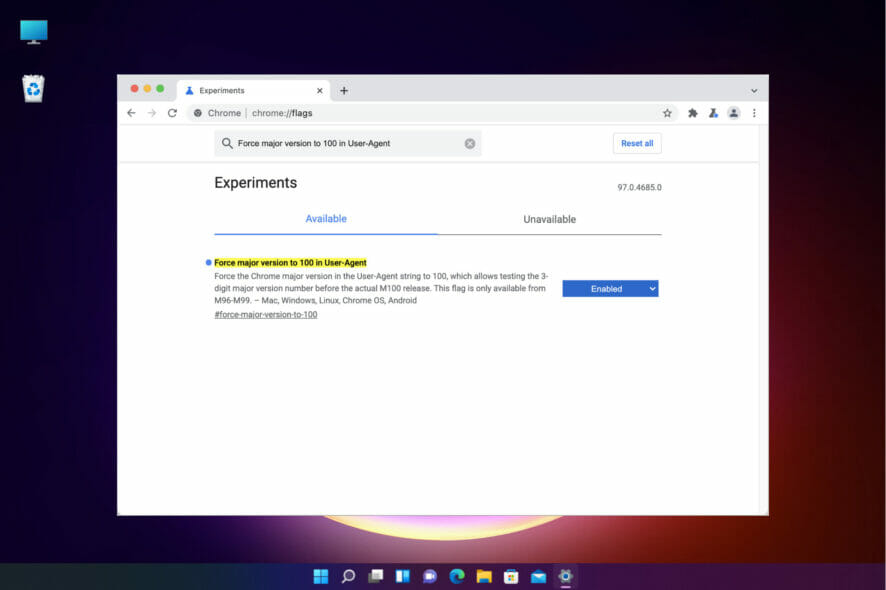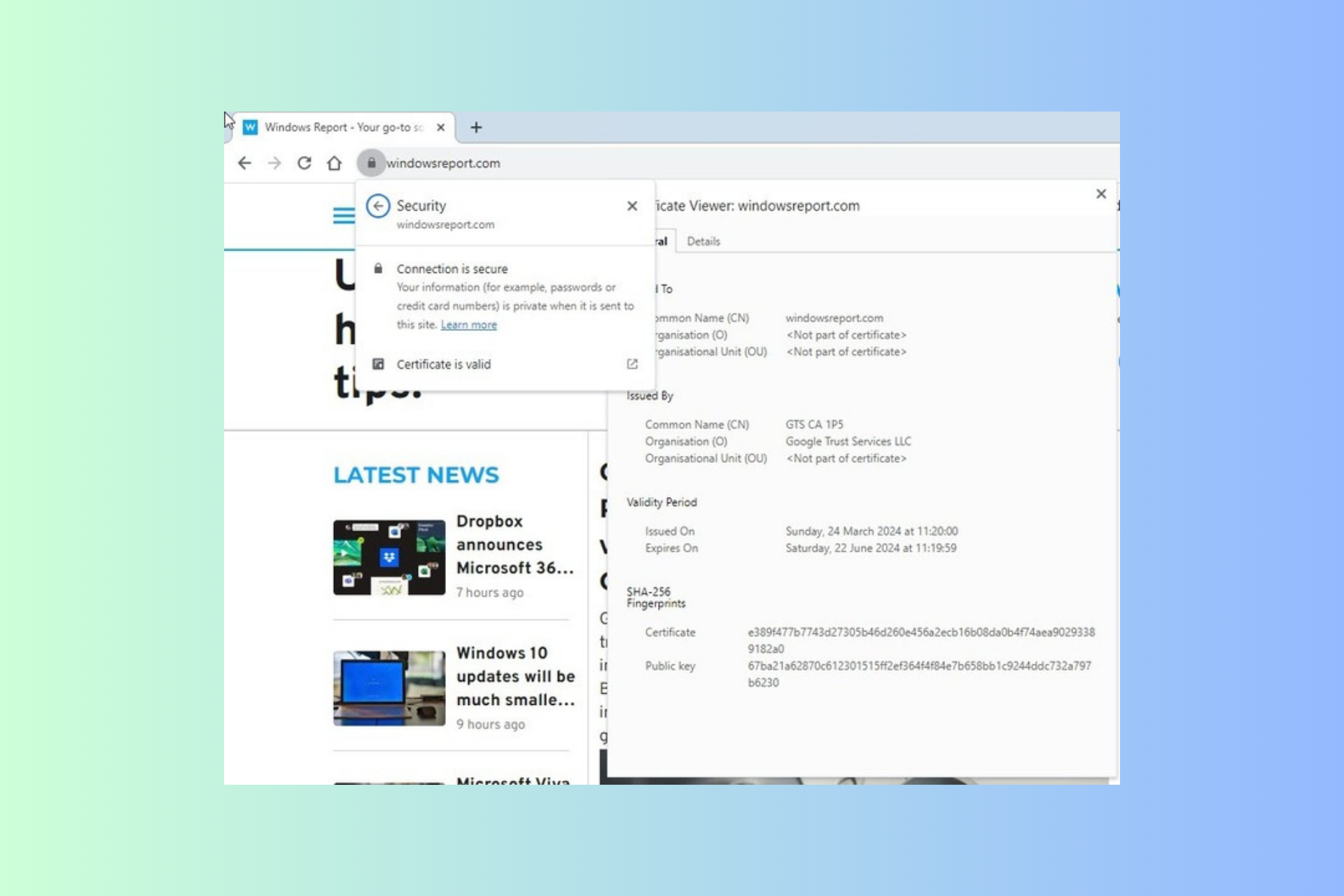Will websites survive version 100’s additional browsers
3 min. read
Updated on
Read our disclosure page to find out how can you help Windows Report sustain the editorial team Read more
Key notes
- With three browsers expected to roll out soon, it's not clear yet if websites will be able to cope considering the low memory issues.
- The world's three most popular browsers are about to pass a milestone.
- As of today, the stable channel versions of Google Chrome, Mozilla Firefox and Opera are all at version 99 or higher. Microsoft Edge is lagging behind at version 82.

Browser numbers are usually unimportant, but with Chrome and Firefox both hitting the century mark at the same time, the big question is: will websites cope?
The problem is that many sites are hard-coded with the assumption that if a browser is over 99 it must be very old indeed. In fact, some may go even further and assume that if a browser has a major version number greater than 99 it will not support certain modern features at all.
Over time websites have been able to progressively add new features because older browsers simply ignored code they didn’t understand. But now developers have to think about how to use JavaScript feature detection rather than relying on browser numbers to know what a site can do.
For end-users, this means that websites should work consistently across the three main browsers. But for developers and webmasters, this means something else entirely: they have to make sure their sites are ready for the new versions.
Website memory
Memory is short in the web industry; remember when Opera reached version 10 in 2009, causing problems, and just three years later, Firefox 10 faced similar issues.
One issue is that websites often explicitly block older versions of browsers. Some are blocked because they are simply too old to be secure, but others are blocked because they do not support features that the websites need to work properly.
In some cases, the website will tell a user that their browser is out of date and offer a link to download a new version. However, if an older browser cannot run newer versions of Flash or Java, that link may be broken as well.
Each time a major version number changes, websites find new ways to break. On some sites, you can’t log in; on others, critical functions just stop working. These problems are almost always minor and temporary, but they happen every time the major version number changes.
Web testing
Web developers are unlikely to want to change all their code – even though the change required would be simple – so the issue will likely persist.
One web developer who is already testing a 100-version browser has already run into problems with sites that check for browser versions.
In some cases, the browser changed its user agent string from 99 to 100 but was still unable to load sites that checked for a specific version number.
If you’re a web developer or just a very keen browser user, you may have noticed that the release schedules of the major browser vendors are going to be rather exciting in the next few months
The problem is that a lot of websites have been programmed to check which browser users have installed by examining the browser’s string (user-agent) and seeing whether it contains “Firefox/99” or “Firefox/100”, for example.
If it does, then the site might refuse to work with that browser. And as Microsoft now uses a flavor of Chromium, this also affects Edge and the company is checking.
Chrome will soon be updating to a new version, putting it a major version ahead of Firefox and Safari. However, by the time all three browsers are on the same major version, most sites should have updated their software to work with the new version.
Are you excited to see how the new browsers will work on the website? Let us know in the comments section.








